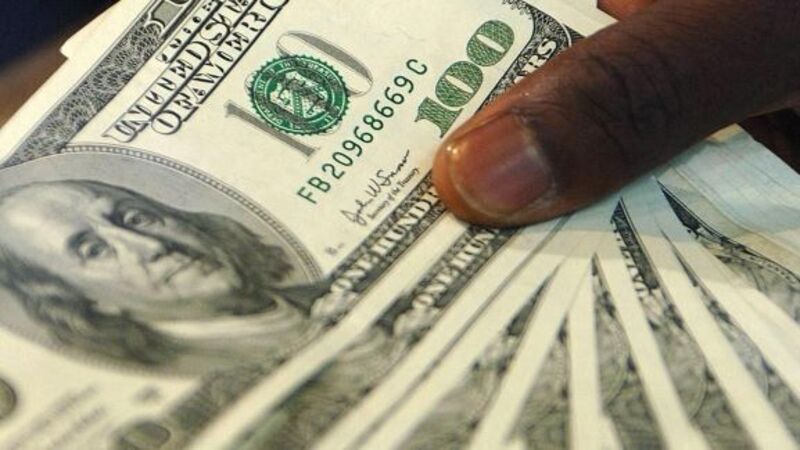Pace of global recovery continues to disappoint

Meantime, there has been a marked slowdown in activity in many emerging economies since 2011, including the four BRIC economies, which has extended into this year. GDP figures were disappointing in a number of economies in the first half of 2014, with the UK being a notable exception. Growth was below expectations in the US and eurozone in the opening quarter and remained moderate in many emerging economies.
The US economy rebounded strongly in the second quarter but the eurozone economy stagnated. Meantime, the Japanese economy contracted in the second quarter after a sharp hike in sales taxes. Overall, global growth was below expectations and quite uneven.
















